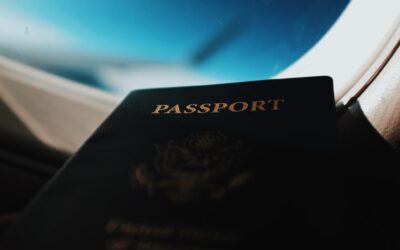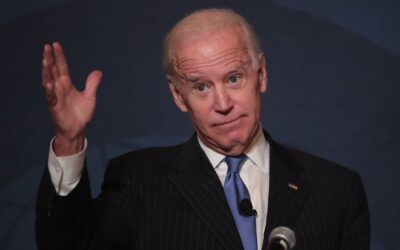
On 4 February 2020, the government of Nigeria launched the Nigeria Visa Policy 2020 (NVP 2020).
Once implemented, the key changes will include:
The introduction of three categories of visas and expansion of visa classes from six to 79
Review of visa application channels to include embassies, visa application centres and visa on arrival
Introduction of an eVisa
Changes to Temporary Work Permit (TWP) applications and validity
Provision for issuance of investor visa
Visa exemptions
Please note that directives are expected from the Nigeria Immigration Service on the implementation of the new policy, but as yet no implementation date has been confirmed.
Visa Categories and Classes
The new policy introduces three visa categories – Short-Term Visas (‘SVV’), Temporary Residence Visas (‘TRV’) and Permanent Residence Visas (‘PRV’) – each of which includes several visa classes.
SVVs are issued for up to 90 days for the purposes of tourism, business, family visit and temporary work permits, among others
TRVs allow foreign nationals to enter Nigeria for up to 2 years (depending on the visa class) with multiple entries, for work or study, and with the possibility of bringing family members with dependent immigration status
PRVs allow certain classes of foreign nationals, including highly-skilled workers and investors, to obtain permanent residence in Nigeria
Visa Application Channels
The new policy provides for visas on arrival for holders of passports of African Union countries and frequent business travelers, and establishes visa application centres in some countries for the submission to Nigerian diplomatic missions of visa applications on behalf of applicants.
All visa applications can also be submitted directly at the diplomatic missions.
Electronic Visa
For certain classes of short-term visa, an online application will be available. Approval confirmation and an electronic Travel Authorization Letter (‘TAL’) will be sent out via email within 48 hours.
Temporary Work Permit
Temporary Work Permits will be available under two different visa classes:
Temporary Work Permits under an F8A short-term visa will be valid for 90 days, for a single entry, and entering into an employment contract is not permitted
Temporary Work Permits under an R11 temporary residence visa (similar to an STR visa) will be valid for 6 months (non-renewable) and for multiple entries. Entering into an employment contract is permitted
Investor Visa
The new visa policy makes provision for the issuance of an investor visa, as foreseen by the existing legislation. The visa will be valid for five years (renewable) with multiple entries, with different investment amounts required for different classes of investor.
Visa Exemptions
Visa exemptions are single entry, valid for up to 90 days and not valid for employment. The exemption for citizens of ECOWAS member states is retained, and others are added for:
Citizens of Chad and Cameroon (Visa Abolition Agreement countries)
Holders of official travel documents from United Nations Organisations (UNO), African Union Commission (AUC), ECOWAS Commission and African Development Bank
Citizens of Brazil, Venezuela, Kenya, China, Cuba, Sudan, Namibia, South Africa, Mauritius, Singapore, Turkey, Tanzania and Rwanda (Reciprocity Visa Waiver Agreement Countries) holding diplomatic and/or official passports






